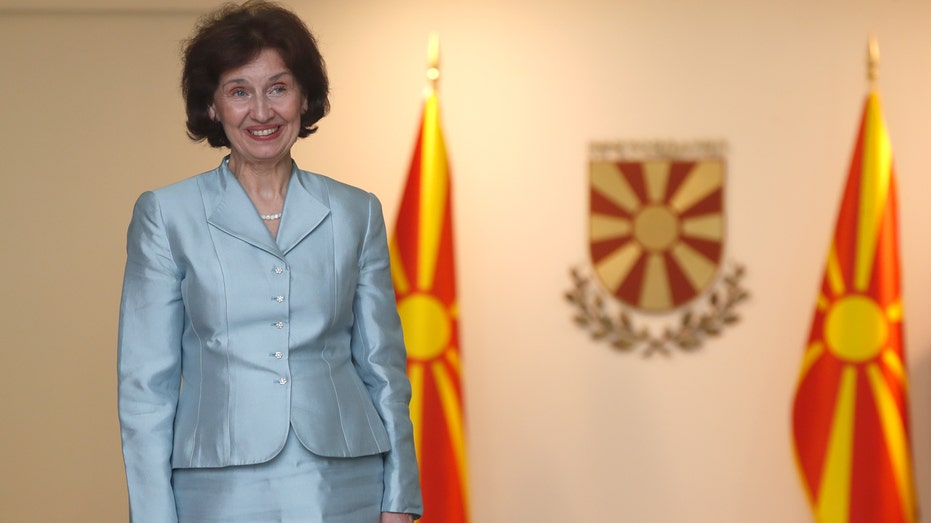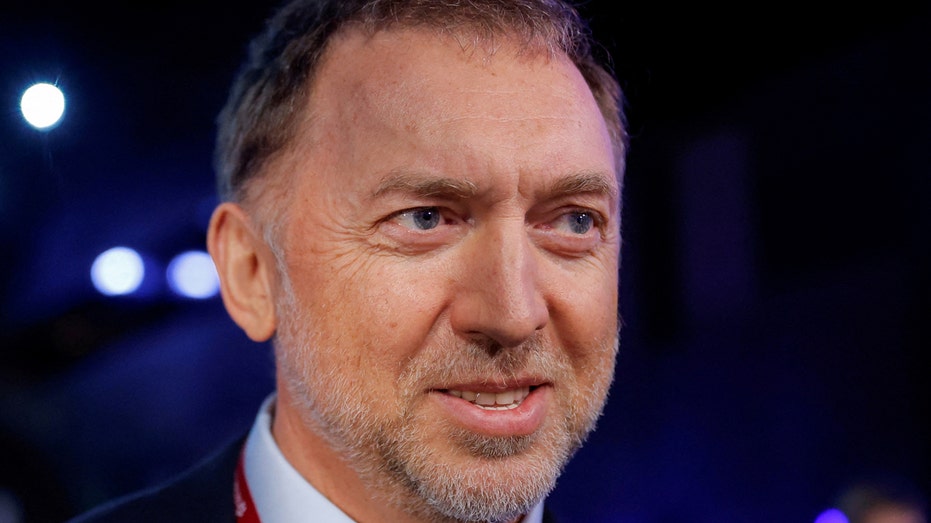North Macedonia’s new president seeks to sidestep disputes with EU neighbors
North Macedonia, a European Union candidate, is seeking to calm disputes with Greece and Bulgaria after the election victory of a conservative-backed president and coalition.

European Union candidate North Macedonia sought Monday to calm disputes with EU neighbors Greece and Bulgaria that flared up following the landslide election victory of a conservative-backed coalition and president.
North Macedonia changed its name from Macedonia after a 2018 landmark agreement with Greece that ended a years-long quarrel over the name, which had been claimed by Greece for one of its regions. At a swearing in ceremony Sunday, President Gordana Siljanovska-Davkova referred to her country as "Macedonia," prompting a heated response from Athens.
NORTH MACEDONIA VOTES IN PRESIDENTIAL RUNOFF, PARLIAMENTARY ELECTIONS
Greek Prime Minister Kyriakos Mitsotakis called the remarks "illegal and unacceptable," in an online post Monday, adding: "We declare categorically that we will not accept any further missteps of this nature."
Siljanovska-Davkova’s comments also drew criticism from the European Commission and a warning from Bulgaria that North Macedonia would be held to the terms of international agreements it had signed up to.
The president’s office said Monday that Siljanovska-Davkova would respect the country’s international obligations but added that she retains "the right to use the name Macedonia as a personal right of self-identification."
The geographical region of Macedonia is divided by the national borders of Greece, Bulgaria and North Macedonia. The name dispute delayed the former Yugoslav republic’s long-standing efforts to join the European Union and NATO.
The country joined the military alliance in 2020.
North Macedonia’s conservative VMRO-DPMNE won a landslide twin presidential and parliamentary election last week and is set to lead the next government after emerging from years in opposition.
What's Your Reaction?
















